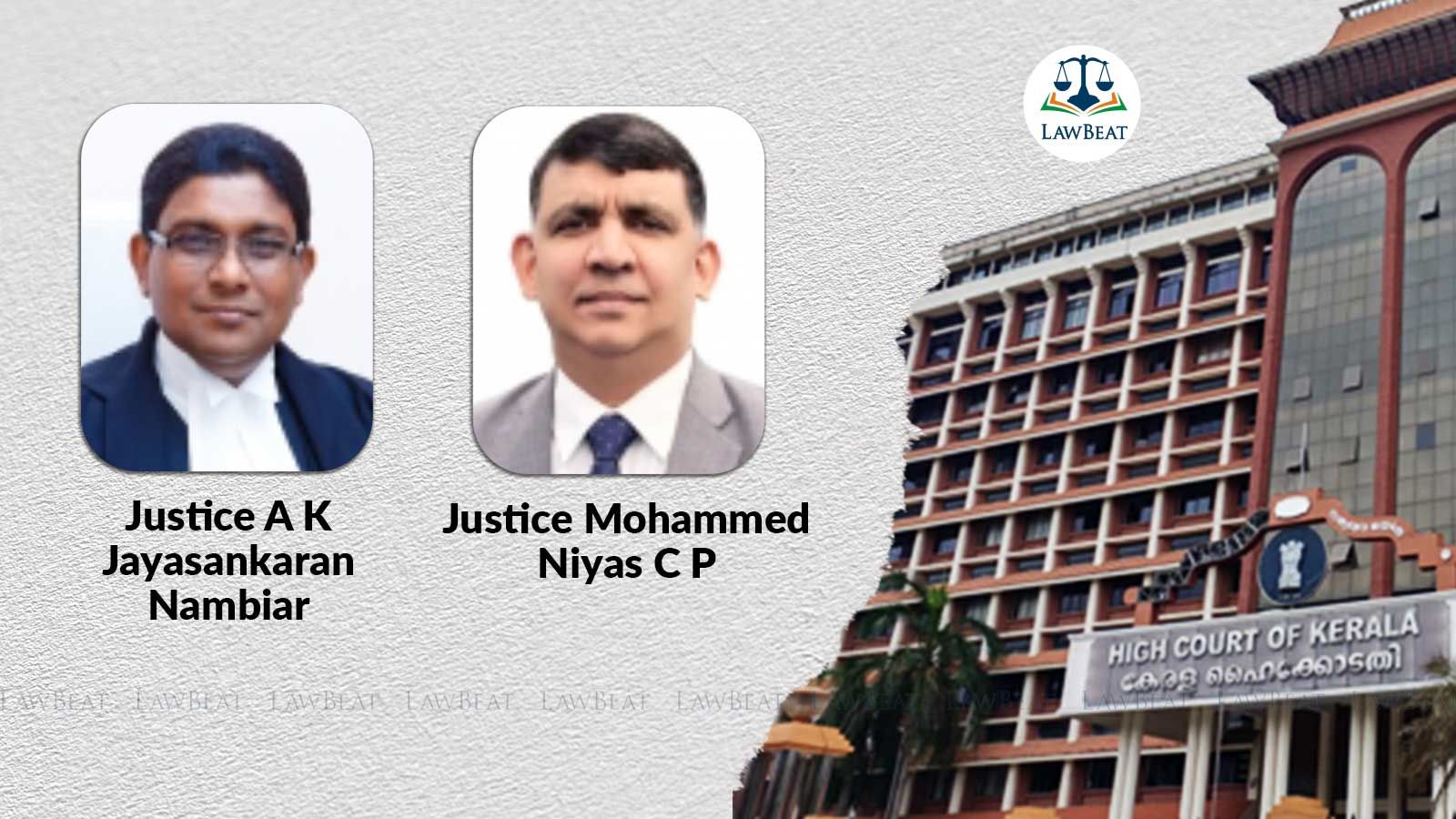Kerala High Court sets aside order nullifying appointment of CPI(M) leader's wife as Associate Professor

While doing so, High Court also reminded the media to be mindful of harm caused to a person's reputation while reporting a case based on oral remarks and observations of the court as right of privacy lied not only against arbitrary state actions but also against media and press.
The Kerala High Court has set aside a single judge's order which quashed the appointment of CPI(M) leader and former Rajya Sabha member K K Ragesh’s wife Priya Varghese as an Associate Professor in Kannur University’s Malayalam department.
The appointment of Varghese, currently acting as private secretary to Kerala Chief Minister Pinarayi Vijayan, has created political furore in the State with Governor Mohd Arif Khan staying it on allegations of violation of norms and political favouritism.
Acting upon an appeal filed by Varghese against the single judge's order of November 17, 2022, a division bench of Justices A K Jayasankaran Nambiar and Mohammed Niyas C P declared that the period spent by her on pursuing her PhD degree under the Faculty Development Programme cannot be excluded while reckoning her teaching/research experience in the post of Assistant Professor for appointment as an Associate Professor pursuant to the notification.
In its judgement delivered on June 22, the court also held that the period spent by the appellant on deputation as Director of Student Services/Programme Coordinator of NSS was rightly reckoned as teaching experience by the University while determining her eligibility to apply for the post of Associate Professor.
Acting on a writ petition challenging her selection, the single judge had noted in the impugned order that Varghese did not have the qualification required, particularly teaching experience, to become an Associate Professor.
In its judgement setting aside the single judge's order, the High Court's division bench also made observations, on the media attention that the case received while it was being adjudicated before the single judge.
"We are of the view that the newly recognised fundamental right to privacy, which takes within its fold the right to protection of one’s reputation as well, would merit classification as a fundamental right that protects an individual, not only against arbitrary State action, but also against the actions of other private citizens, such as the press or media," the division bench said.
It further said that it trusts, therefore, that the media will take note of it and adopt a code of responsible journalistic conduct that will inform news reporting in the days to come.
Court further pointed out that frighteningly, frequent are those occasions when the decision in academic matters attracts media attention for some reason or the other, and the court has then to deal with the added distraction brought about through incessant newspaper/channel discussions and overwhelming social media posts.
"It is for this reason that courts have time and again exhorted the print and electronic media to exercise restraint by deferring discussions on matters pending before the court so that the rule of law can be better served by avoiding an obstruction of the course of justice," the bench said.
The court also cited Chief Justice of India D Y Chandrachud's observations that not everything that is said by a judge during the course of interaction with counsel in court can be taken as revealing the judge’s views on the merits of the cause that is being adjudicated.
Case Title: PRIYA VARGHESE vs. DR. JOSEPH SKARIAH and Ors
